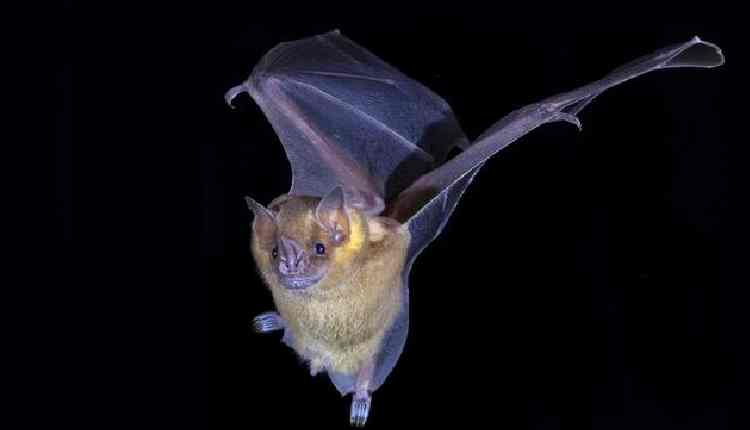San Francisco: Bat genes could hold the key to unlocking new ways to battle cancer and Covid-19, a new study has found.
The study published in the journal Genome Biology and Evolution looked at the rapid evolution of bats’ abilities to host and survive infections like Covid-19 and cancer.
The scientists at the US-based Cold Spring Harbor Laboratory (CSHL) sequenced the genomes of the ‘Jamaican fruit bat’ and ‘Mesoamerican mustached bat’, compared these sequences to other mammals and found that rapid evolution has streamlined bat genomes to defend against infection and cancer.
“We didn’t know immune system genes were so positively selected in bat genomes. Bats have a number of very unusual things about them. They don’t respond to infections the way we do. In retrospect, it’s not surprising this difference in the immune system may be involved in both the ageing and cancer response,” said CSHL Professor W. Richard McCombie.
The Jamaican fruit bat and Mesoamerican mustached bat belong to the world’s most ecologically diverse superfamily of mammals.
The researchers compared these sequences to 15 other bat and mammal genomes, including humans, which revealed an unknown shift in levels of two inflammatory protein-coding genes called — interferon-alpha and — omega, the study noted.
“Bats have dialled down the immune system’s alarm by shedding genes that produce interferon-alpha. This may be responsible for their high viral tolerance. It prevents overactive immune responses that harm healthy tissue — one of the reasons infections are so damaging to humans,” explained Armin Scheben, Postdoctoral Fellow at CSHL.
The researchers also found that compared to other mammals, bat genomes contain more changes in cancer-related genes, including six that repair DNA and 46 that suppress tumours.
“Our work highlights how immunity and cancer response are deeply interconnected. The same immune genes and proteins play important roles in cancer resistance,” Scheben said.
(IANS)
















